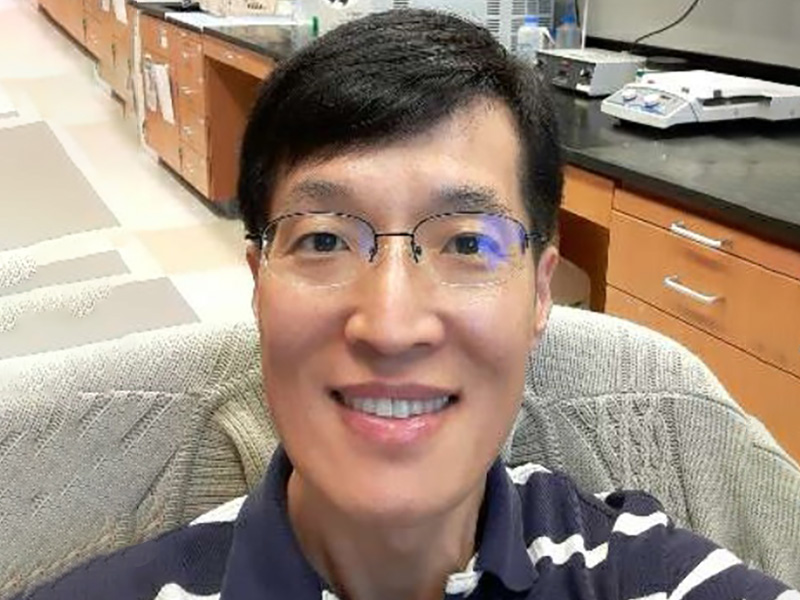
In a new series, the UAB Comprehensive Diabetes Center (UCDC), a leader in the field of diabetes research, will highlight researchers from the across the UCDC, particularly those who manage day-to-day operations in the lab space.
The UCDC has members from across several schools and departments at UAB. Diabetes research capabilities are made stronger by the expansive research focuses and innovations that members bring to the table. To better understand these research capabilities and discoveries, we will spotlight UCDC researchers throughout the year.
This month, we are spotlighting Teayoun Kim, Ph.D. a scientist in the UAB Division of Endocrinology, Diabetes, and Metabolism, and long-time member of the Habegger Lab.
Tell us a little bit about you and your role at the UCDC.
“I started working in Dr. Kirk Habegger's lab in 2015 as a research associate, when I transitioned from the Department of Nutrition to the Department of Medicine-Endocrinology at UAB.
I also briefly supported Dr. Jeonga Kim's lab. Without her close advice and support, I would not be here today. I appreciate her encouragement. In my previous position I was doing glucose clamps in mice and Dr. Habegger needed that skill set so the move was a great fit. After joining Dr. Habegger's lab, I was also actively involved in his successful glucagon biology research. My role at the UCDC and as part of the UAB Diabetes Animal Physiology Core is providing glucose clamp services to investigators at UAB and beyond.””
What first got you interested in diabetes research?
"My diabetes research started at Auburn University, where I got my Ph.D. degree and my postdoctoral training. It was a great chance and opened my eyes to the field of cellular insulin signaling, animal physiology, and human exercise.”
Tell us a little bit about your lab’s research.
“Glucagon is a well-known antagonizing hormone against insulin, but it exerts many other biological activities. In our lab, we study glucagon biology, especially energy metabolism, glucose metabolism, and insulin-sensitizing actions. We have reported that glucagon signaling enhances insulin action through hepatic glucagon receptors by crosstalking with the insulin receptor signaling pathway.
It was hard to convince reviewers when we tried publishing our first manuscript, but after that publication, many other investigators reported similar observations from different molecular aspects. Glucagon is an old hormone studied extensively decades ago, but we revisited this hormone with advanced pharmacological approaches.
Under Dr. Habegger's supervision, my career has grown. With fantastic previous lab members (Cassie, Jessica, and Shelly), we were able to keep up our scientific endeavor with good publications and presentations at international scientific conferences.
I received multiple awards, such as an ADA (American Diabetes Association) Young Investigator Travel Grant Award for the 76th Scientific Session in 2016, the Eliezer S. Award for the best Diabetes Research at UCDC, UAB in 2016, and a UAB Faculty Development Grant Program in 2018."
What does it mean to be a lab manager, and how does it feel contributing to the UCDC’s mission?
“I am not a lab manager, but from what I have seen lab managing is not an easy task. UCDC investigators rely on their lab managers for ordering, inventory, experiment schedule, animal protocol, administrative issues, lab safety, etc. These things are not visible, but they are essential for seamless scientific research. I would say a good lab manager makes everyone in the lab happy.”
What advice would you give a new lab manager?
“For a new lab manager, I would like to recommend maintaining all records securely as hard copy and electronic version. We still use cheat sheets from the previous lab manager. Meticulous records help a lot even after they leave the lab. This is a foundation of good lab.”